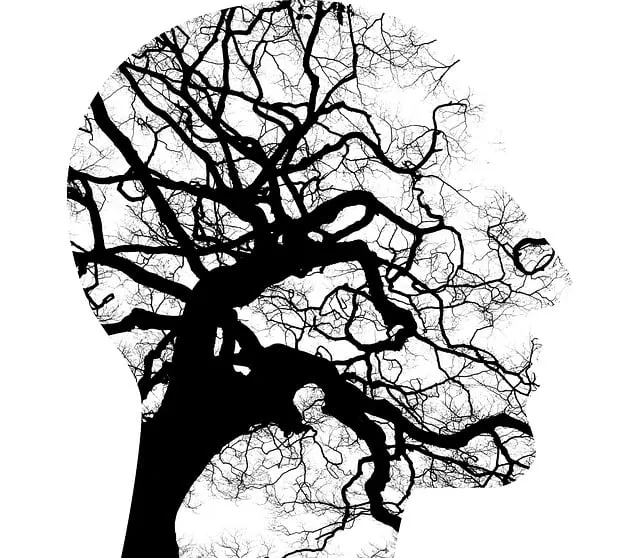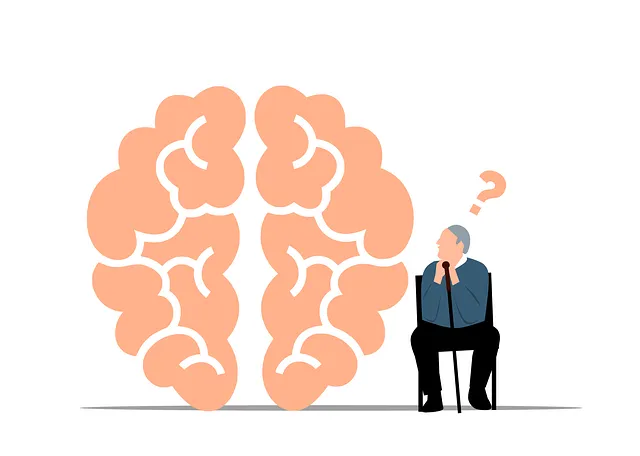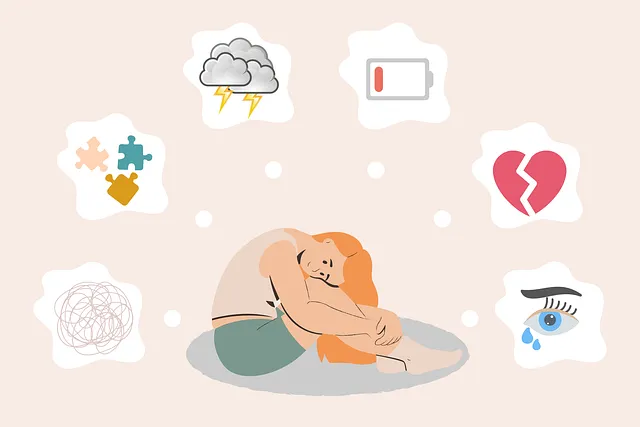Stigma significantly hinders mental healthcare, affecting professionals even at reputable organizations like Kaiser Permanente. To combat this, Kaiser Permanente in Superior prioritizes hiring individuals with lived experiences, implements Mental Health Education Programs and Policy Analysis, and offers peer support. They also emphasize Cultural Competency Training and early intervention alongside stress reduction methods like mindfulness. These initiatives create a supportive environment, reduce stigma, and improve patient outcomes, making Kaiser Permanente mental health jobs in Superior highly attractive to candidates seeking to make a progressive impact.
Mental illness stigma remains a significant barrier to access and treatment, affecting not only individuals but also professionals in the field. This article explores comprehensive strategies to reduce stigma within mental healthcare, focusing on the transformative role of initiatives like those at Kaiser Permanente. We delve into the impact on mental health professionals, effective practices, and the crucial importance of supportive environments. By examining these aspects, we aim to highlight innovative approaches, such as those implemented by Kaiser Permanente in its superior mental health jobs, to create a more inclusive and understanding society.
- Understanding the Impact of Stigma on Mental Health Professionals
- Kaiser Permanente's Role in Reducing Stigma Through Job Initiatives
- Effective Strategies for Superior Stigma Reduction in Mental Health Care
- Creating a Supportive Environment: A Key to Overcoming Mental Illness Stigma
Understanding the Impact of Stigma on Mental Health Professionals

Stigma significantly impacts mental health professionals working with individuals battling various psychological conditions. In many cases, healthcare providers themselves internalize societal biases, which can affect their interactions and treatment approaches. This self-stigmatization may lead to increased stress, reduced confidence, and even avoidance of patients facing mental illness. For instance, a mental health professional employed by Kaiser Permanente, renowned for its mental health jobs, might face challenges in providing superior care due to personal preconceptions.
Overcoming this barrier requires ongoing Mental Health Awareness initiatives that prioritize Inner Strength Development among healthcare workers. Effective Communication Strategies are essential tools in breaking down stigma. By fostering open dialogues and educating themselves and others about mental illness, these professionals can create a supportive environment, ensuring patients receive the best possible care without the hindrances posed by societal stereotypes.
Kaiser Permanente's Role in Reducing Stigma Through Job Initiatives

Kaiser Permanente has been at the forefront of mental health stigma reduction through innovative job initiatives. The organization prioritizes employing individuals with lived experiences in various roles across its healthcare network, aiming to foster a more inclusive environment. This strategy not only offers peer support to patients but also challenges societal norms by normalizing conversations around mental health. By integrating these individuals into their teams, Kaiser Permanente promotes Cultural Sensitivity in Mental Healthcare Practice and ensures that services are tailored to diverse needs.
Their efforts extend beyond hiring; they actively design and implement Mental Health Education Programs for employees, empowering them with the knowledge to recognize and support colleagues. Additionally, Kaiser Permanente’s advocacy for Mental Health Policy Analysis and Advocacy drives systemic changes, pushing for policies that reduce barriers to mental healthcare access. These initiatives showcase their commitment to not just treating mental health issues but also transforming societal perceptions from within.
Effective Strategies for Superior Stigma Reduction in Mental Health Care

Stigma reduction is a multifaceted approach that requires collaboration between healthcare providers, communities, and individuals affected by mental illness. One effective strategy is integrating Cultural Competency Training into mental health care practices. This training equips healthcare providers with the knowledge and skills to understand and address cultural barriers, ensuring patient-centered care that respects diverse backgrounds and beliefs. By fostering an inclusive environment, we can improve access to mental health services for all.
Additionally, promoting Mental Health Awareness through educational initiatives and open dialogues helps destigmatize mental illness. Kaiser Permanente mental health jobs emphasize the importance of early intervention and continuous support. Implementing Stress Reduction Methods, such as mindfulness practices and cognitive-behavioral therapy, can equip individuals with coping mechanisms to manage their mental health effectively. Together, these strategies create a supportive ecosystem that encourages open conversations, reduces fear, and promotes recovery for those facing mental health challenges.
Creating a Supportive Environment: A Key to Overcoming Mental Illness Stigma

Creating a supportive environment is a powerful tool in the fight against mental illness stigma. This involves fostering understanding and empathy within communities, workplaces, and educational institutions. Organizations like Kaiser Permanente play a pivotal role by promoting mental health awareness through initiatives that include Trauma Support Services, ensuring individuals feel safe and supported when seeking help. By integrating these services, workplaces can create an environment where employees feel comfortable discussing their struggles openly without fear of judgment.
Furthermore, Healthcare Provider Cultural Competency Training is essential to breaking down barriers. Educating professionals about different cultural perspectives on mental health enables them to offer tailored support to a diverse range of patients. This training encourages positive thinking and challenges stereotypes associated with mental illness, ultimately leading to improved patient outcomes and reduced stigma in Superior communities.
Mental illness stigma reduction is a multifaceted endeavor that requires concerted efforts from organizations like Kaiser Permanente, which has taken significant steps through initiatives in mental health jobs. By fostering supportive environments and implementing effective strategies, we can significantly enhance care for those struggling with mental health conditions. Recognizing the impact of stigma on professionals and patients alike, as highlighted in this article, is crucial to achieving superior stigma reduction in mental health care.






